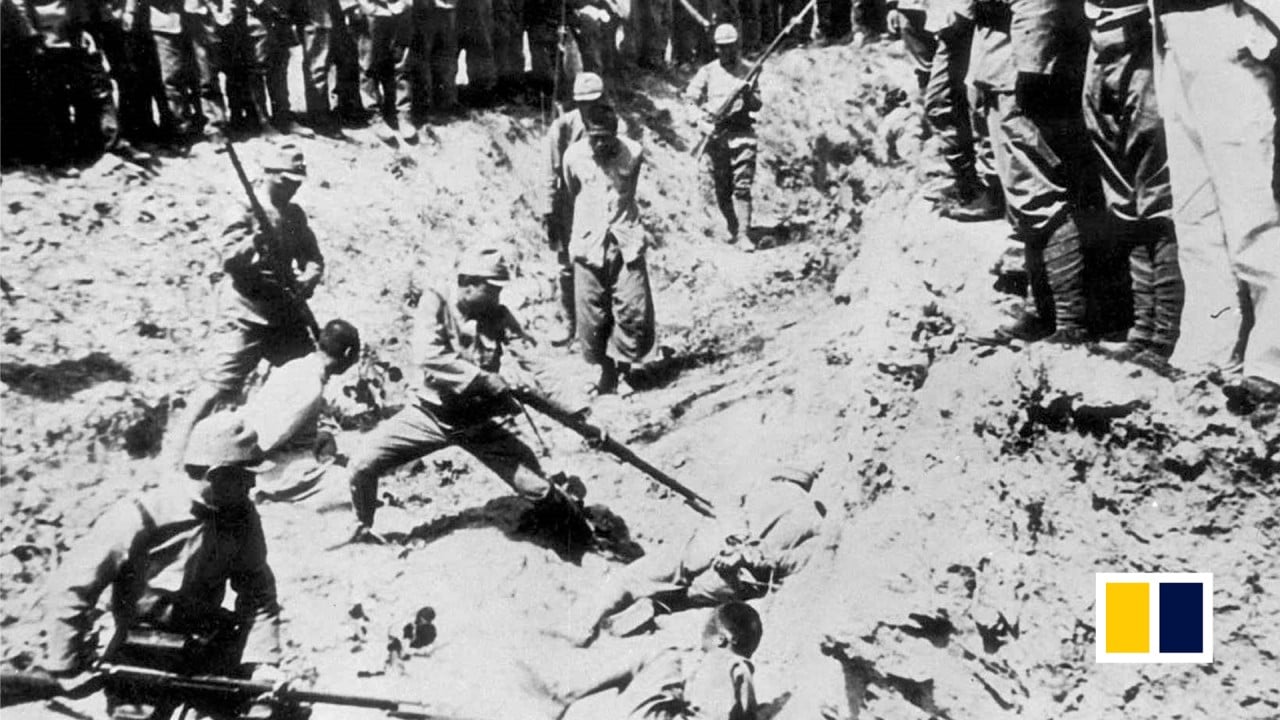
Letters | To preserve Hong Kong’s World War II history, digitise wartime materials in public libraries
As a student who loves history, I am writing to suggest that Hong Kong public libraries digitise more wartime periodicals and expand their collection.
Because of the outbreak of Covid-19, all public libraries were closed for months and later opened again with precautionary measures. The measures, such as regular cleaning sessions, reduced the time I had in the Central Library to read the microfilm.
I asked the staff for copies of the Chinese version of the Hong Kong News, the mouthpiece of the Japanese military during the occupation. However, the library did not have any.
Fortunately, the library had microfilm of Wah Kiu Yat Po, which was enough for the project. However, when using the machine to read the newspaper, I found it took time to search for a newspaper published on a particular date.

03:47
The fight against Japan: China’s role in the second world war
After this experience, I wish to put forward the following suggestions to the public libraries.
They should digitise more historical copies of periodicals and upload them to the library’s website. Currently, most of the microfilm is only available at the Central Library, which is inconvenient for people like me who live a long way from there. Uploading digital copies of historical periodicals allows people to access the documents from home at all times. Also, the library need not worry about the storage of those materials afterwards.
To benefit the study of history, I hope the library can address my suggestions.
Vivian Kwok, Tsing Yi

